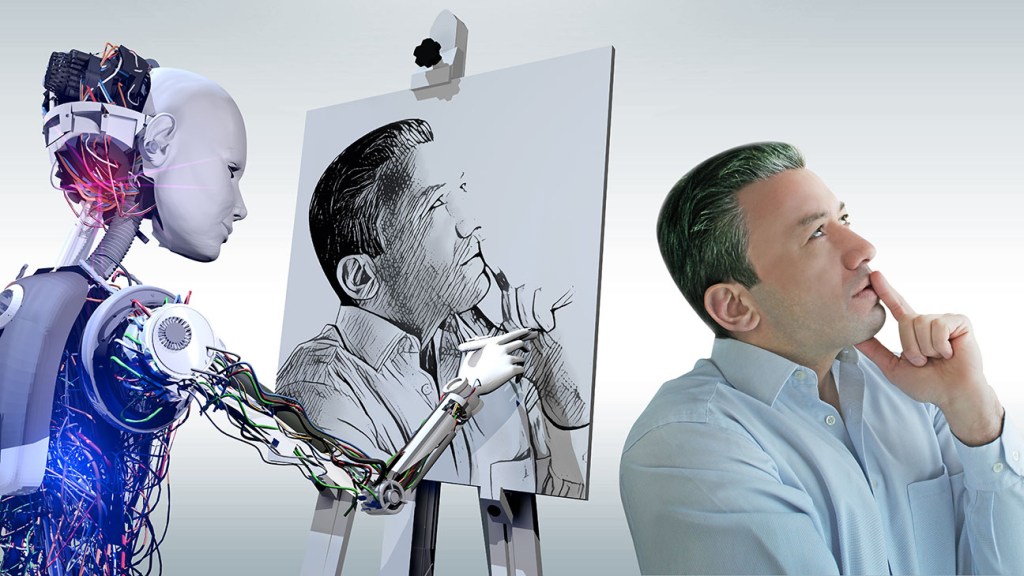A federal judge on Friday upheld a finding from the U.S. Copyright Office that a piece of art created by AI is not open to protection.
“In March, the copyright office affirmed that most works generated by AI aren’t copyrightable but clarified that AI-assisted materials qualify for protection in certain instances. An application for a work created with the help of AI can support a copyright claim if a human “selected or arranged” it in a “sufficiently creative way that the resulting work constitutes an original work of authorship,” it said.”
Thaler was appealing this, and his appeal was denied.



What is there to prove that a piece of artwork was or wasn’t made by AI? Within a few years, it will be nigh impossible to tell when AI helped or wholly created a piece, and this will effectively stop no one. It’s a bandaid on a hemorrhage. It’s a very helpful bandaid, but by fuck can someone grab the sutures already?
Well, computer forensics IS a thing. Computers keep a record of everything done on them, and if it comes down to a lot of money at stake and a lawsuit then those computers can be looked at.
What, a full department equivalent to the IRS to constantly audit art and its process? That could work. It’d be pricy, but it could work.
It would create jobs.
What would the “sutures” be, in this analogy?
That’s a difficult question to answer and one that will inevitably piss off many. Mandatory detectability is the easiest answer, but the vaguest- ideally with information about used artworks. Severe fines for training on copyrighted works is another route. Vast and continued investment in creating a public domain art library to pull from would ease the issue for artists. I don’t use AI for art and I don’t legislate so I’m not the one to ask, all I can offer is bandaids as well.
Just the risk alone will probably deter some companies. You can try to bluff your way through claiming copyright infringement, but if you do ever find yourself in court, the discovery process will start with ways to find out if AI was used and how much.
In theory you could lie to the courts, but that’ll make you personally liable, which would be ridiculous.
Copyright currently lives on for 70 years after the death of the authors because of the media cartel. Imagine producing new content that becomes public domain five years after release because someone managed to find out it was AI generated!